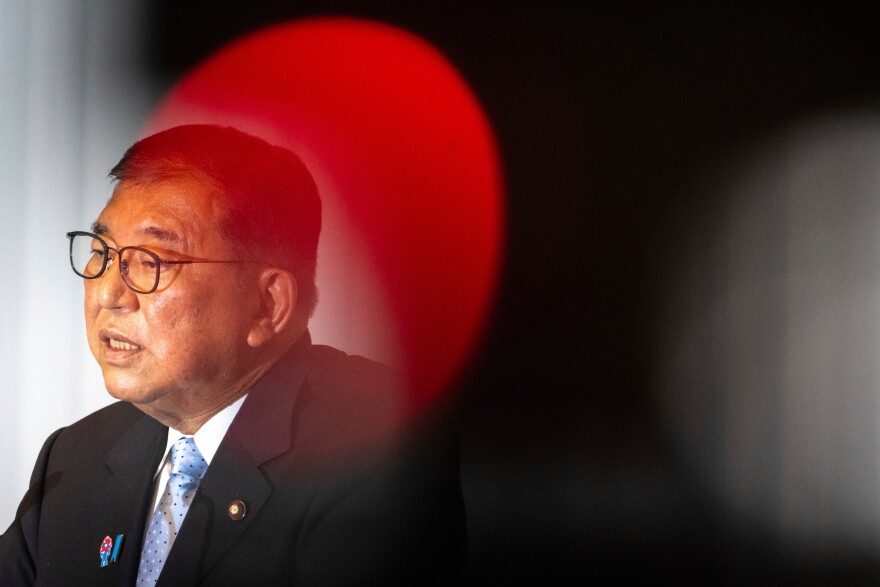Japan's prime minister is clinging to power today, but his outlook remains uncertain. This follows a weekend election that delivered several surprises.
Voters have shattered the status quo of Japanese politics.
For the first time since its founding 70 years ago, the Liberal Democratic Party and its coalition partner have lost the majority in both houses of parliament.
Elections this weekend for half the members of the Upper House followed a similar pattern to those held in October.
That's when the LDP and its partner party lost a snap election for the Lower House called by Prime Minister Shigeru Ishiba.
Ishiba says he's not stepping down as prime minister — adding that it's important he stay in office to guide trade talks with the United States.
Those don't seem to be going very well either.
The 25% tariffs on auto exports to the United States seem the most difficult aspect for Japan.
Back on the Upper House elections, while the LDP was a loser, there still is no united opposition coalition as a clear contrast.
One emerging group, the Sanseito party, ran on a populist platform of “Japanese First.”
Three years ago, Sanseito had one seat in the 248-member Upper House — after Sunday's election, it had 14.
The left-leaning Asahi Shimbun called the election “a crossroads in determining whether xenophobia and populism will influence the future course of our nation.”




